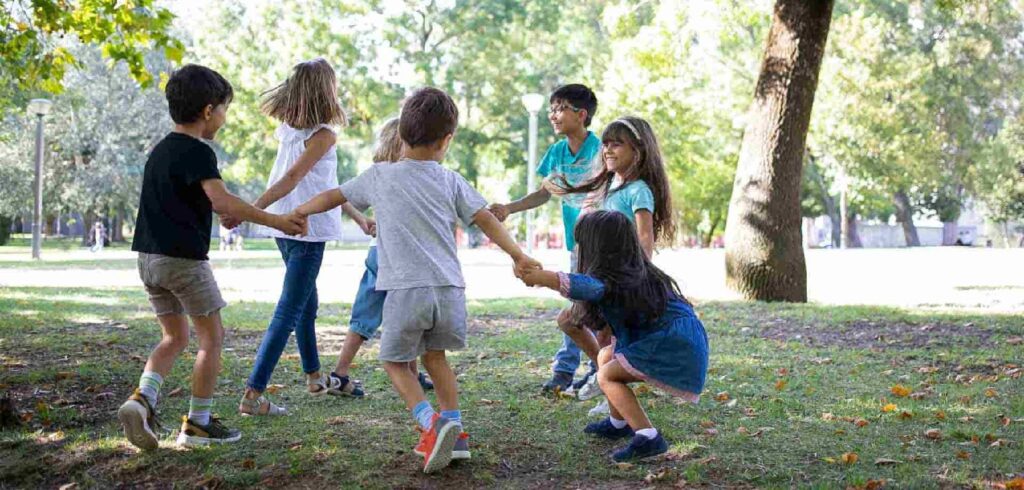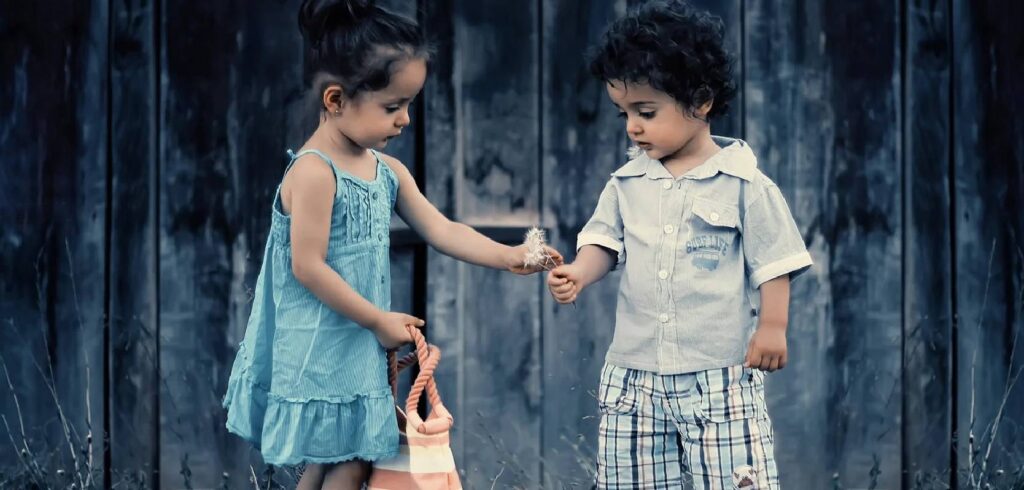
The importance of humanitarian education in shaping children’s character from an early age

We often hear the term education, but education that many people know is not only about academic knowledge, but also about the formation of character and human values. One approach that is gaining increasing attention is humanitarian education from an early age. In this article we will discuss why it is important to start learning human values from an early age and how this can form a caring and responsible generation with a sense of empathy and sympathy, Humanitarian education from an early age refers to efforts to form humanitarian attitudes, values and behavior in children from an early age. This involves teaching about empathy, tolerance, cooperation, and social responsibility.

So here is our consideration. Why is Humanitarian Education from an Early Age Important? Character Formation in the form of Humanitarian education helps shape children’s character by teaching basic values such as kindness, equality, and integrity. By introducing it to children from an early age, preventing conflict and violence: By teaching children to understand and respect differences, humanitarian education can contribute to the prevention of conflict and violence in the future after children adapt to the environment in society. with Increased Empathy: Children who are accustomed to understanding other people’s feelings and experiences will naturally develop higher levels of empathy. Social Empowerment: Humanitarian education provides the basis for children to become active and caring members of society, ready to help those in need.

Practical Ways to Integrate Humanitarian Education in the Curriculum Special Learning Programs both in formal education and especially in informal education or family education such as Include special subjects that explore human values, perhaps in the form of ethics lessons or character classes, especially understanding from parents who teach feelings of sympathy and empathy as the basis for the human values that children feel. Collaborative Activities: Facilitate activities that encourage cooperation, such as group projects or social activities inside and outside the classroom. Stories and Picture Books: Use stories and picture books that raise humanitarian themes to introduce these values in a fun way as a way of learning. especially Positive Behavior Models: Teachers and parents can model positive behavior, demonstrating human values through everyday actions.
Humanitarian education from an early age is a valuable investment in shaping a better future. By giving children a foundation of human values from an early age, we can inspire a generation that is caring, inclusive, and ready to face global challenges with a loving heart